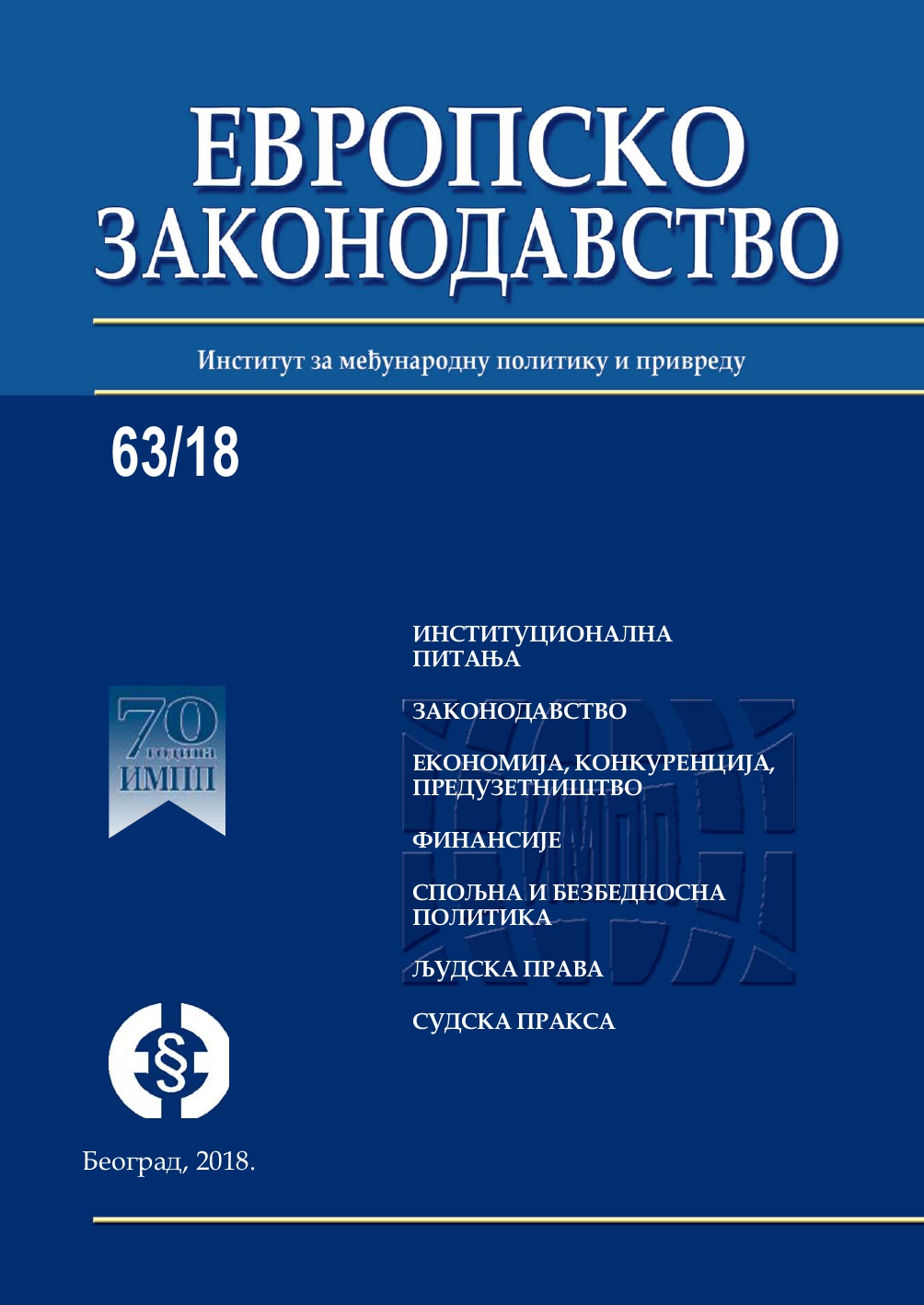Слободне зоне као инструмент привлачења страног капитала земаља у транзицији - пример Босне и Херцеговине
Free zones as an instrument for attracting foreign capital of countries in transition - the example of Bosnia and Herzegovina
Author(s): Željana VrućinićSubject(s): Commercial Law
Published by: Институт за међународну политику и привреду
Keywords: tax;export;free trade;customs;concession
Summary/Abstract: Free zones should be the basis for the faster economic development of BiH and its connection with the world, as well as to be a link to the development and improvement of foreign trade. As free customs zones have long experienced a boom in the world, they also got a form of mutual association, so this paper aims to highlight the advantages and benefits that developing countries can have from the integration and operation of free zones. The last few years were characterised by major changes in international political relations, but many of them are economical in its basis. The laws on free zones in BiH and countries in the region, as well as the Laws on Customs Policy, and the data of the methodology of attracting foreign capital through the formation of free zones and their sustainability are discussed. The development of the Free Zone Institute results in the reorganization of institutional relations in a legal, economic and political sense. A large number of countries that have long been trying to become a part of the centres of the power of the world economy started implementing the Free Zone Institute. Free zones have emerged as part of an industrial policy in a large number of developing countries, as well as in the countries that carry out major economic reforms. Dealing with the topic of free zones, we come to the conclusion that the economic growth and development depend on the level of its involvement in the world market. Yet, there is also the reverse influence since the level of inclusion of some countries in international exchange depends on the level of their economic development.
Journal: Европско законодавство
- Issue Year: 2018
- Issue No: 63
- Page Range: 100-116
- Page Count: 17
- Language: Serbian

